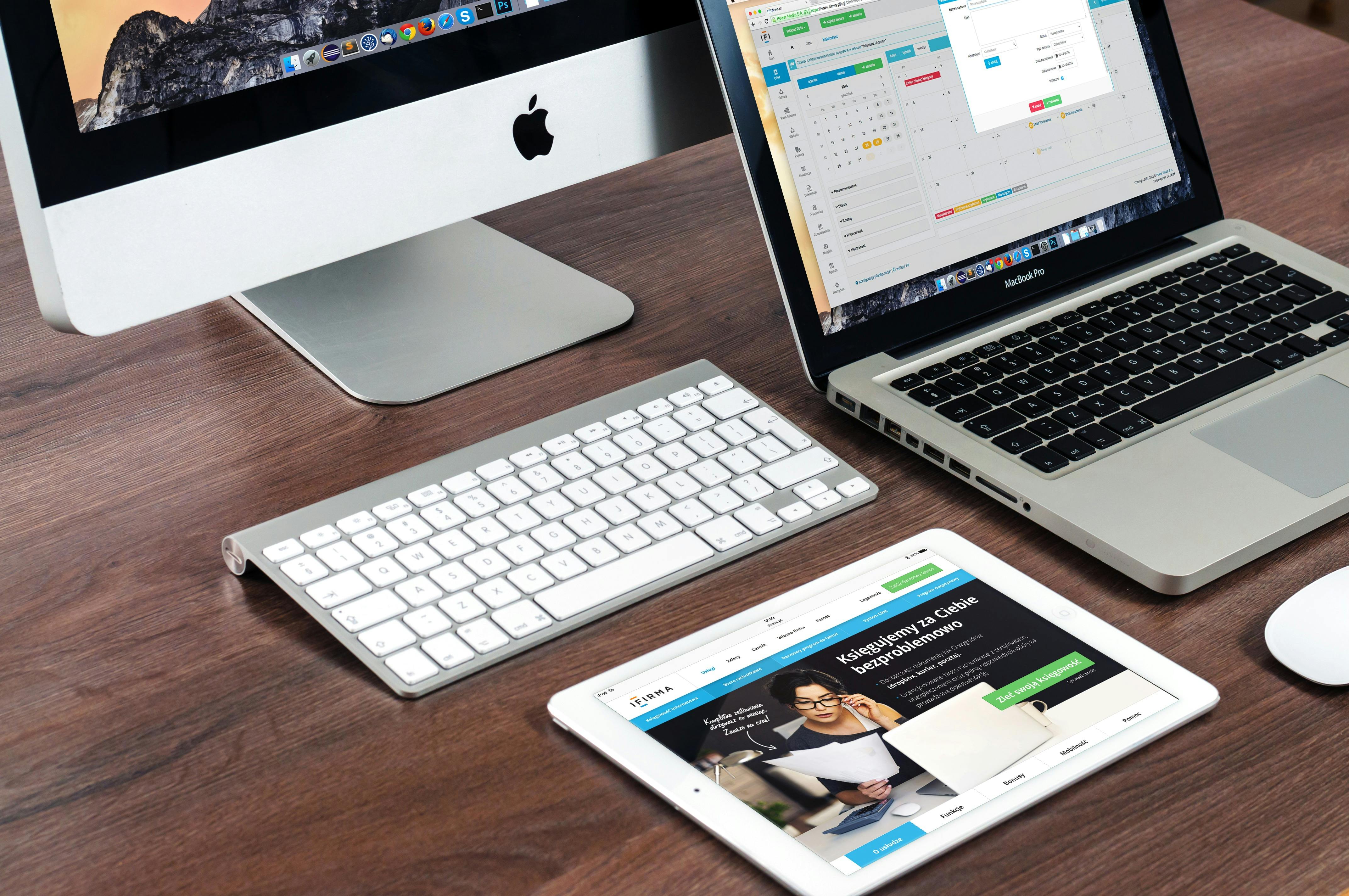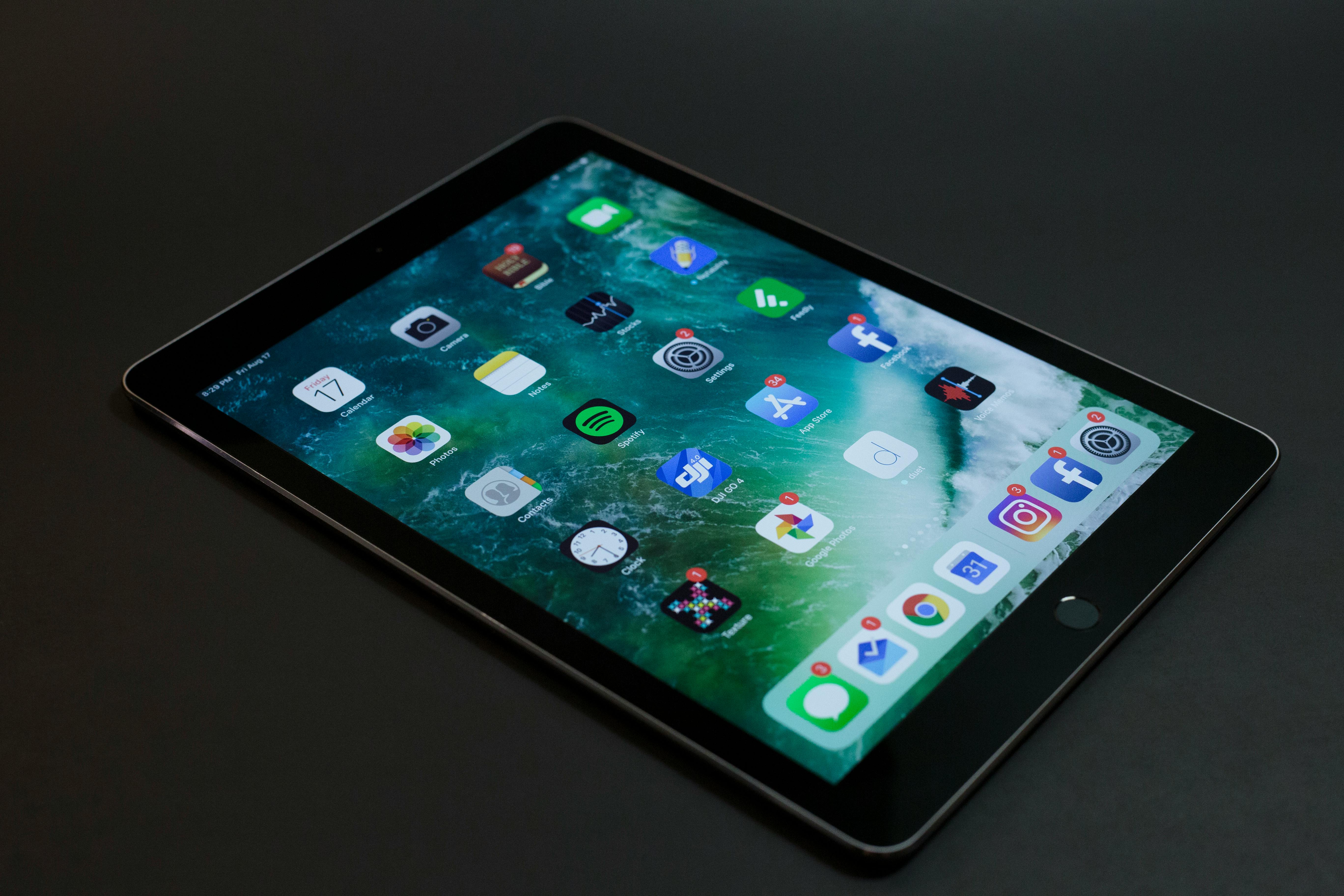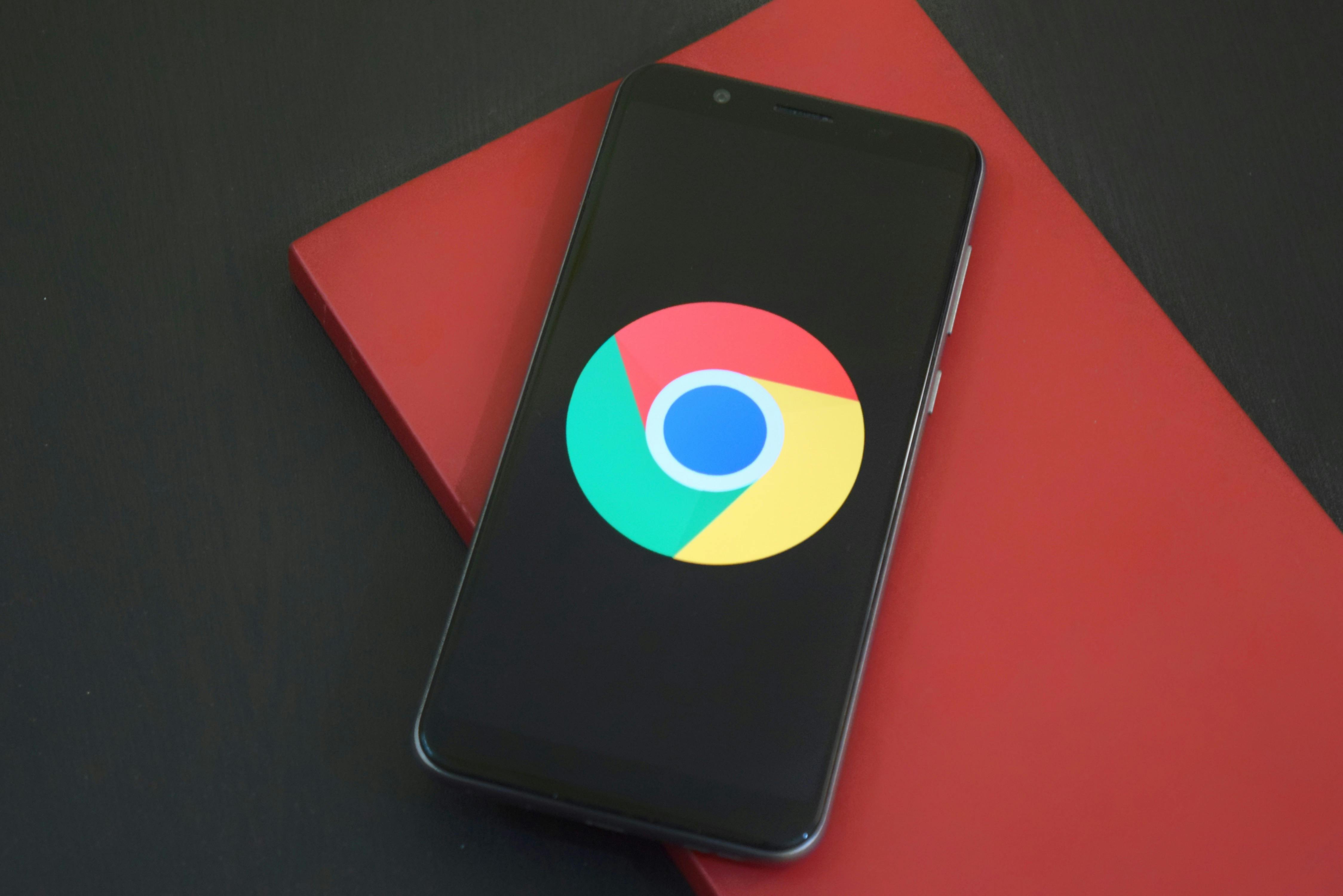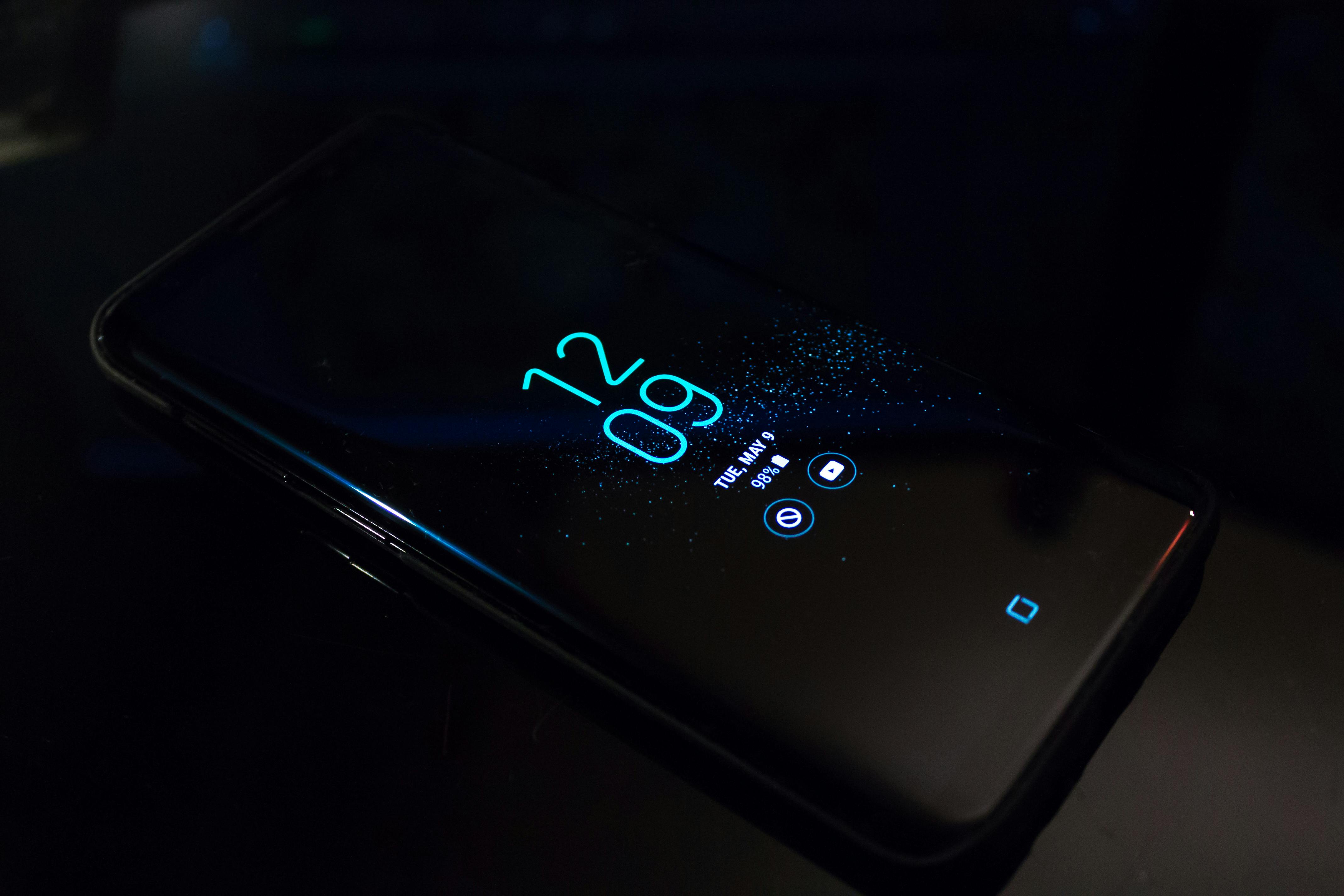In the last quarter of 2018, Android and iOS had a combined market share of 99.6%. This means that they have a near-complete duopoly and all attempts at breaking their dominance have failed pretty miserably and yet I don't think we're stuck with these two options forever.
Mobile operating systems are actually a perfect example of a so-called winner takes it all market, which means that all forces are working to keep the current companies in power and the new ones away from it. The more users there are on the platform, the more developers will support it and the more supporters, the more users will come these will bring more hardware manufacturers to the OS and more money to the OS developer who can invest it into further improving the platform it's a perfect snowball which keeps the big ones rolling and the small ones dying. This means that for any company to have a chance they have to reach a critical mass or a minimum amount of users which as a new entrant is close to impossible. It's especially hard because of the cost and complexity of creating and selling an advanced operating system.
 Just to give you an idea a decent smartphone app consists of somewhere around 50 to a hundred thousand lines of code whereas a complex OS like Windows 10 has around 50 million lines. For anyone to take a shot at this market, they will have to hire thousands and thousands of developers and then either create attractive Hardware themselves or get partners on board and then sweet-talk tens of thousands of external developers to join the platform and finally spend mountains of money on advertisement. All of this requires so much money that only a handful of companies in the world even have a chance at taking a shot at it and even if they do the big two giants have great systems in place to block anyone's progress right from the start.
Just to give you an idea a decent smartphone app consists of somewhere around 50 to a hundred thousand lines of code whereas a complex OS like Windows 10 has around 50 million lines. For anyone to take a shot at this market, they will have to hire thousands and thousands of developers and then either create attractive Hardware themselves or get partners on board and then sweet-talk tens of thousands of external developers to join the platform and finally spend mountains of money on advertisement. All of this requires so much money that only a handful of companies in the world even have a chance at taking a shot at it and even if they do the big two giants have great systems in place to block anyone's progress right from the start. Apple has built the walls around their ecosystem and brands so high that people are quite reluctant to leave it and Google's online services have become so irreplaceable for many people that Google can make a new OS unfeasible for most consumers basically denying quality access to their services on it just like they did in the case of windows for example.
So how could this possibly change? Well I'd argue that Android and iOS are so strong that they can't be beaten at their own game and so the only road to victory is for someone to take a fundamentally different approach. Think of desktop PCs windows back in the days was so dominant that just like iOS and Android nobody could challenge it. But companies like blackberry Apple and Google had no trouble fighting Microsoft on smartphones because Microsoft was just as new to smartphones as all the others so the fight was much more even in the same way the only halfway successful new competitor to Windows PCs. Lately is Chrome OS which completely rethink the way computers work by relying on web services instead of local ones. The undefeatable behemoth that was windows was successfully challenged in both cases by companies that didn't try to compete with it directly but instead found a way around it. In the same way I would expect that new players could only successfully challenge android at an iOS if they do the same. Yet another five inch touchscreen with an app store and two cameras in your pockets just won't do. An operating system is just a piece of software between your hardware and your programs. This means that as soon as you radically change either the hardware like smartphones did against laptops or the programs like Chrome OS did against Windows you might find enough room for a new OS.
So let's start by looking at the four most important Hardware translating. For a couple of years now wearable has been set to become the new device category the idea is that somehow you will have your main mobile computing device attached to your body, be it through watch a pair of glasses or who knows what else. The hype around wearable has died down considerably lately because I think the technology for this to go mainstream is still many many years away. But it's hard for me to imagine how it would eventually become a thing, you can already put many of the same components that you would find in a smartphone into something like a SmartWatch or smart glasses. So I think it's only a matter of time before someone comes up with a good interface that will enable proper interaction with them.
Modular hardware is another thing that I see popping up quite consistently in the minds of tech Companies. The idea that you can somehow change or augment capabilities of your hardware by swapping out modules or even by connecting external devices like an external GPU into your thin and light laptop is attractive to say the least. Now we haven't seen anyone who has really figured out modularity just yet, but I think it has potential.
The trend that has meet the least excited is that of having hardware that is dedicated to voices assistance like Google home or Amazon echo. The idea here is that, voice controls could replace some of your interaction with menus and touch screens and while I think this could work in some scenarios like say in a car or while cooking. I have my doubts about it for anything more complex than that. I generally think that voice is an extremely limited way of interaction. It is slow and accurate and inherently terrible at anything multilingual or international cumbersome outdoors and the list just goes on. Voice assistance do have a market but I don't see those replacing visual systems on the large scale any time.
Soon my favourite trend on the other end would be what I call convergence. The idea is that one device could have many different form factors. Asus was one of the early pioneers of this with their phone pad which was a phone that could transform into a tablet and on the PC side companies like Asus, Lenovo and Microsoft have done some pretty interesting work with two, one the Ubuntu phone and Windows 10 mobile devices were both built around the idea of a phone that could transform into a PC when needed. If you watch any iPad pro commercial from Apple they try to convince you that their tablet can be a PC if you really want this to be. Now I think we're still far away from the perfect transformer. But I think that eventually we'll have one central device as our main computer which will simply figure out what we want to do and adapt it.
So if either one of these Hardware go mainstream that would certainly upset the OS market. On the other side of the OS are apps, which are currently our default method of using different services but maybe they won't be forever and if someone can change the nature of these services maybe the OS will change with it too. The core problem with apps or programs in general is that, making them is too expensive and too complex especially when a developer has to create a whole new product for Android, for iOS or for the web and possibly for Windows and Mac OS 2 and let alone for smaller platforms like Windows Mobile that is far from ideal and in response to this problem I can see two big trends. First the idea that the same app could run on multiple platforms in multiple device types Microsoft's Universal Windows Platform apps are probably the best example of this is they can run on Windows 10 mobile, desktop and tablet PCs hololens and other virtual reality handsets, Xbox and even some IOT and server devices. Developers can simply teach their application to recognize what device they're running on and adjust the interface automatically or keeping the core of the app the same. Apple has been doing the same thing on a smaller scale with universal iOS apps as well those can run on iPhones and iPads with the same core but with different interfaces and Google has now allowed android apps to run not only on phones and tablets but also on Chromebooks which means that the same app can not only run on multiple device types but also on multiple operating systems which is quite impressive. But a little more ambitious than just letting the same app scale across different devices is the idea to completely replace apps with another solution entirely.
The most obvious trend would be the web Chrome OS on desktops have shown that for some people websites can replace many local programs and while Firefox OS which tries to do something similar in smartphones has failed the dream of websites replacing apps on phones hasn't disappeared. Most notably Google has lately been pushing for a technology called progressive web apps which would allow websites to act as apps including having their own icon on your home screen accessing some of your hardware features like Bluetooth and keeping parts of their pages downloaded on your phone for better performance and decreased data consumption. Someone who works for a company that develops their own app I can tell that this sounds mighty interesting to a lot of app developers. It means companies could eventually just create one responsive website and have it run on nearly all platforms.
Taking things even further would be aggregators like virtual assistants, chat Bots and super applications. The idea here is that instead of each service having its own app or website you could use one program to access many different services and this too is already happening on a small scale I can book flight tickets using the sky scanner bots on Skype or track my packages with the UPS Skype bot for example. I can use Alexa to call Cab in Uber, buying anything on Amazon, find a new restaurant, access my calendar event, and control my smart home devices and so on. What is neat about these aggregators is that they can move between platforms and devices quite easily they're only a single service meaning that developers who support them can suddenly be present on a variety of places.
So this is how I think iOS and Android can be challenged in the future not by beating them at their own game but rather like changing the rules of the game and it's impossible to say who will succeed in that but it's clear to see that Microsoft is trying their luck with both Universal apps and with new form factors and Google for example is also not afraid of challenging their own business models with things like progressive web apps. So far it seems like Apple might be disrupted by this change the most because they're so reliant on their iPhone and on their App Store and they don't seem to have any back-up plan I also think we shouldn't forget about external players companies like Facebook and Amazon who don't really have their own operating system just yet but they have the potential resources and maybe even the know-how to create one. Just think of how Amazon out of nowhere announced the Echo. I think that was a big surprise to all of us in either case I'm interested to know what you think the future of operating systems are. Let me know commenting below!





Comments
Post a Comment